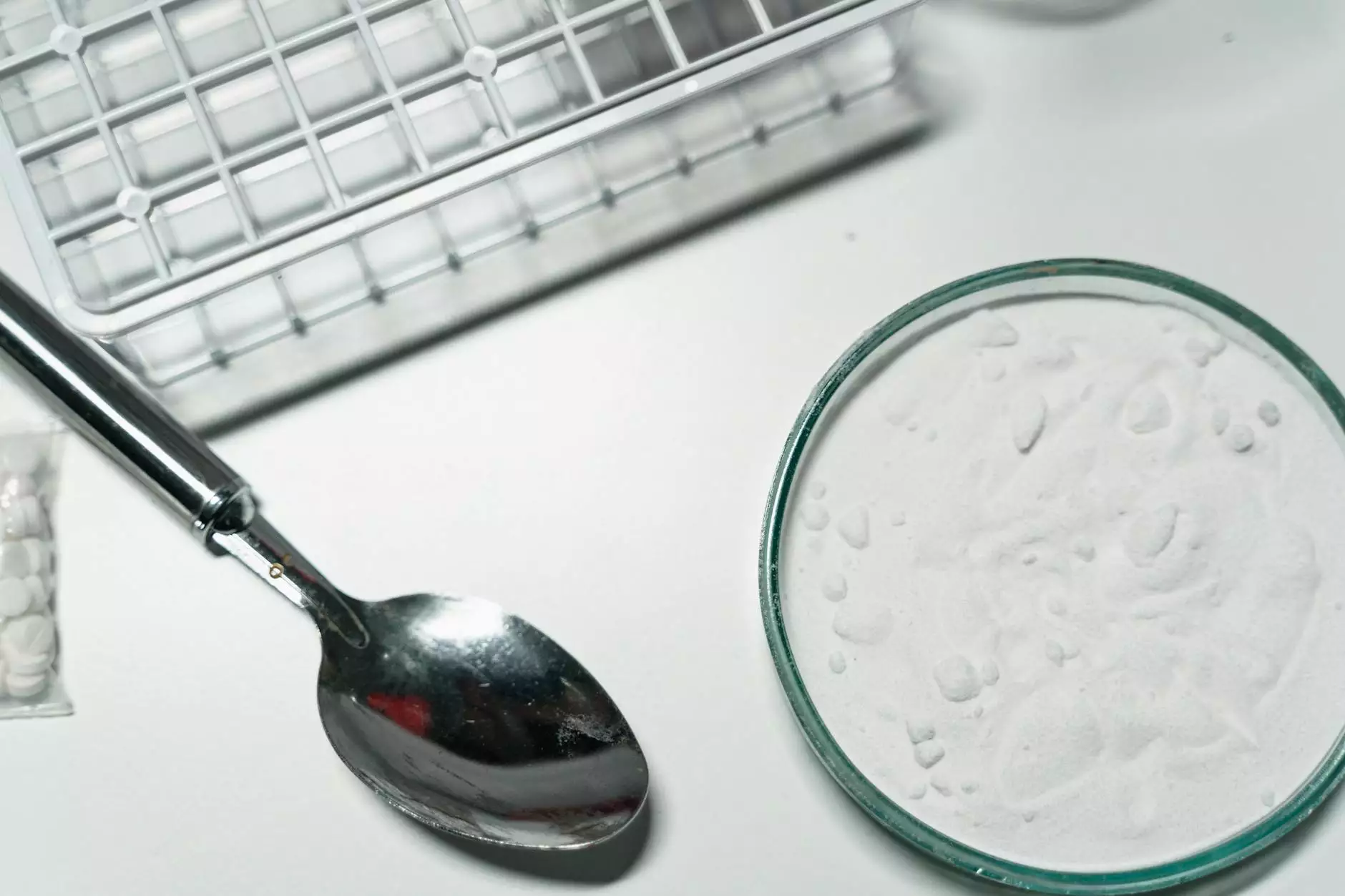Zirconia vs Porcelain Bridge: A Comprehensive Guide

Introduction to Dental Bridges
When it comes to restorative dentistry, dental bridges play a crucial role in replacing missing teeth. A bridge is designed to span the gap created by one or more missing teeth, effectively restoring both function and aesthetics to your smile. The two most popular materials used for dental bridges are zirconia and porcelain, each having unique properties that make them suitable for different dental situations. In this article, we will dive deep into the comparison of zirconia vs porcelain bridge, exploring their advantages, disadvantages, and which may be the best choice for your dental needs.
Understanding Zirconia Bridges
What is Zirconia?
Zirconia is a type of ceramic that is highly durable and biocompatible, making it an excellent material for dental applications. Zirconia bridges are manufactured using a process called CAD/CAM technology, which allows for precision crafting to fit the specific needs of the patient. This technology also ensures that zirconia bridges have a very natural appearance, closely resembling natural tooth enamel.
Advantages of Zirconia Bridges
- Strength: Zirconia is one of the most robust materials used in dentistry, offering exceptional resistance to wear and tear.
- Esthetics: Zirconia can be shaded to match the color of natural teeth, providing an aesthetically pleasing solution.
- Biocompatibility: Zirconia is highly compatible with human tissue and is unlikely to cause allergic reactions.
- Less Tooth Reduction: For certain cases, zirconia bridges can be designed to require less reduction of the healthy tooth structure compared to porcelain.
Disadvantages of Zirconia Bridges
- Crowns Only: While zirconia bridges are durable, they are typically better suited for back teeth rather than for front teeth due to their opacity.
- Cost: Zirconia bridges tend to be more expensive than their porcelain counterparts.
Understanding Porcelain Bridges
What is Porcelain?
Porcelain is a time-tested material in dentistry known for its aesthetic qualities. It is made from a mixture of clay, quartz, and feldspar, which when fired, results in a hard, durable, and translucent material that can closely mimic the appearance of natural teeth.
Advantages of Porcelain Bridges
- Natural Look: Porcelain is renowned for its lifelike appearances, making it an excellent choice for front teeth replacement.
- Versatility: Porcelain can be used for both bridges and crowns, catering to various dental restoration needs.
- Aesthetic Benefits: The reflectivity of porcelain results in a natural shine that resembles natural enamel.
Disadvantages of Porcelain Bridges
- Fragility: Porcelain, while durable, is more brittle than zirconia and can be prone to chipping or cracking under stress.
- Tooth Reduction: Typically, more healthy tooth structure must be removed to accommodate a porcelain bridge compared to zirconia.
- Staining: Porcelain can become stained over time from foods and beverages, particularly for patients who consume tea, coffee, or red wine frequently.
Comparative Analysis: Zirconia vs Porcelain Bridge
Durability and Strength
When directly comparing zirconia vs porcelain bridge, durability is one of the most significant distinctions. Zirconia's superior strength makes it particularly advantageous for posterior bridges, where the biting force is greatest. In contrast, porcelain bridges, while strong, are more susceptible to cracks and chips, thus may require more careful handling during the maintenance phase.
Aesthetics
From an aesthetic perspective, porcelain has a slight edge due to its ability to reflect light similarly to natural teeth. This makes it preferable for front-tooth restorations where visibility is a concern. Conversely, zirconia has made impressive strides in aesthetic appeal with advancements in shading and translucence, allowing it to be a competitive choice for visible areas as well.
Biocompatibility
Biocompatibility is crucial for dental materials, and both zirconia and porcelain are highly accepted in dental medicine. However, zirconia surpasses in clinical settings due to its minimal allergic potential and good tissue interaction, which is especially important for patients with sensitivities.
Longevity and Maintenance
In terms of longevity, zirconia bridges often outlast porcelain bridges due to their resilience. Both options require routine dental visits for maintenance and check-ups, but zirconia's resistance to wear can yield a lower incidence of needing replacements over time.
Cost Considerations
When it comes to cost, patients often find that zirconia bridges are generally more expensive than porcelain bridges. This is attributed to the advanced technology used in their manufacture and the high-quality materials employed. While the initial investment is higher, some may argue that the longevity of zirconia justifies the expenditure.
Which is Right for You? Making the Choice
Choosing between a zirconia vs porcelain bridge ultimately depends on several factors, including:
- The Location of the Dental Bridge: For posterior teeth where strength is paramount, zirconia may be preferred, while anterior teeth may benefit from the aesthetic qualities of porcelain.
- Your Budget: Consider your financial situation and willingness to pay for the durability that zirconia offers versus the more economical porcelain bridge.
- Personal Preferences: Aesthetic concerns often drive the choice for front smiles, while functionality may dictate decisions for back teeth.
- Consultation with Your Dentist: Ultimately, your dental professional can provide personalized advice based on your dental health, needs, and situation.
Conclusion
In conclusion, both zirconia and porcelain bridges offer unique advantages and disadvantages. The choice between them should be based on individual circumstances, including the specific dental requirements, aesthetic preferences, and financial considerations. Always consult with a qualified dental professional to guide you through this important decision, ensuring you select the best option for your smile restoration needs.
Learn More About Dental Bridges
For more information on dental bridges and to schedule a consultation, visit us at Chiswick Park Dental. Our team of dedicated professionals is here to assist you with all your dental needs.









